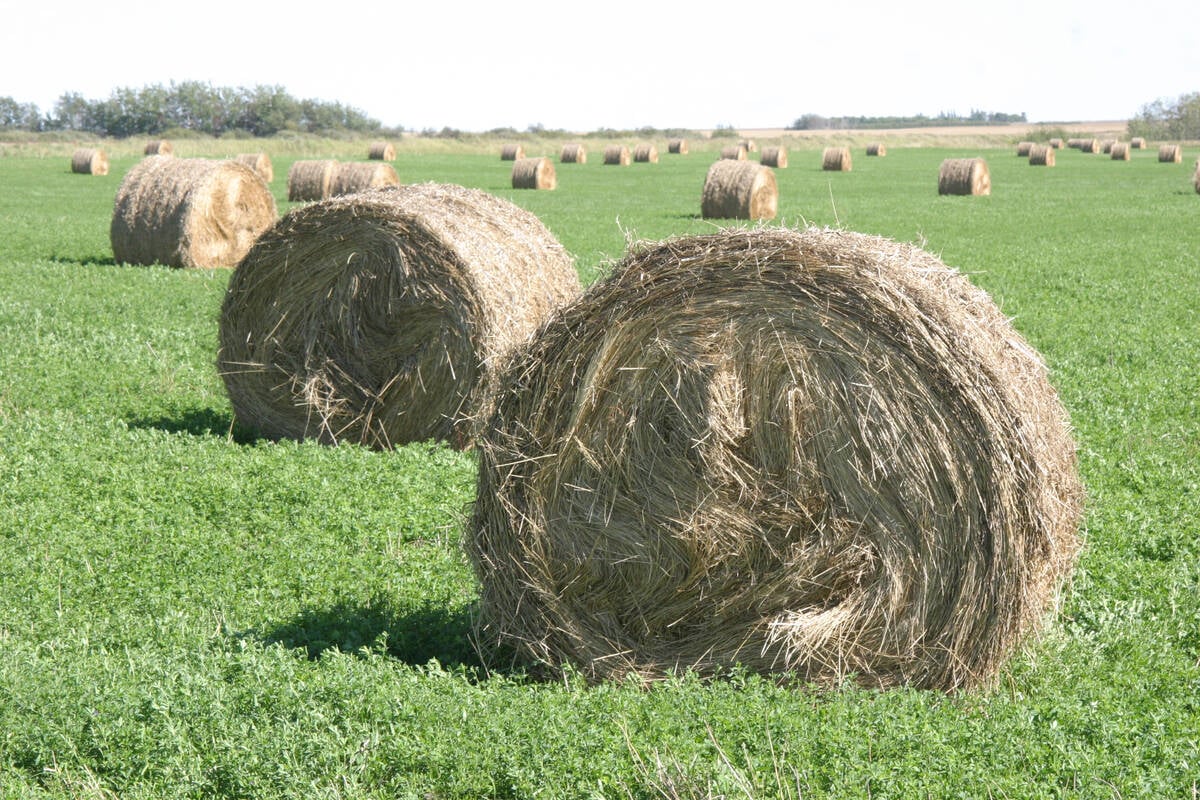MEDICINE HAT, Alta. – An anti-dumping petition from a small group of disgruntled cattle producers in Montana may have wide implications.
The petition has gone before the American department of commerce where it will be examined for 20 days. If the department decides the complaint has merit, an investigation could be launched into the charges that Canada unfairly subsidizes its producers and dumps beef below the cost of production into the United States.
If the American government believes harm is done to its beef industry by Canadian exports, a countervail duty could be imposed.
Read Also

Breaking down successful winter feeding into six steps
It’s that time of year when it is important to start planning for a cow herd’s winter feeding program. Here are six steps I think are necessary to consider when getting your feed tested.
As the petition is passed through the hands of the U.S. government, it could cost Canada time and money as it pays for its defence, said Alberta government officials.
Serious view
The petition has to be taken seriously even if the charges leveled by the Montana based Ranchers-Cattlemen Action Legal Foundation are false, said Alberta agriculture minister Ed Stelmach in an interview.
“There are those who believe the Crow rate still exists and that Alberta farmers are subsidized,” he said.
“Our advice is that the petition is very weak.”
Stelmach wants to settle this latest trade blowup with negotiation before it does real harm to agriculture prior to the next round of World Trade Organization talks. He wants North America to appear as a united group.
“How can we go to the world stage and negotiate properly if we’re bickering with each other?”
The petition is causing concern among other cattle producing states. While it is directed at Canadian exports to the U.S., the southern states that trade with Mexico could also be affected under the terms of the North American Free Trade Agreement.
The petition is being examined by trade lawyers and includes demands that the Canadian Wheat Board, Net Stabilization Income Accounts, Western Grain Transportation Act, grazing lease policy and other programs be investigated, said Ron Glen, executive assistant to the agriculture minister.
“They’re trying to put pressure on their federal government to increase the level of subsidies they receive,” said Glen.















